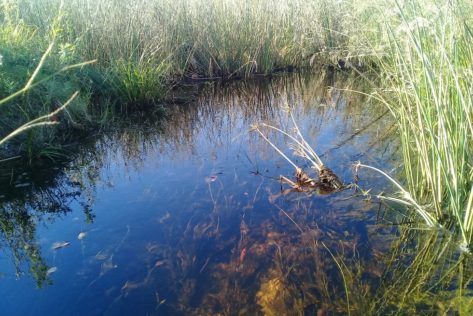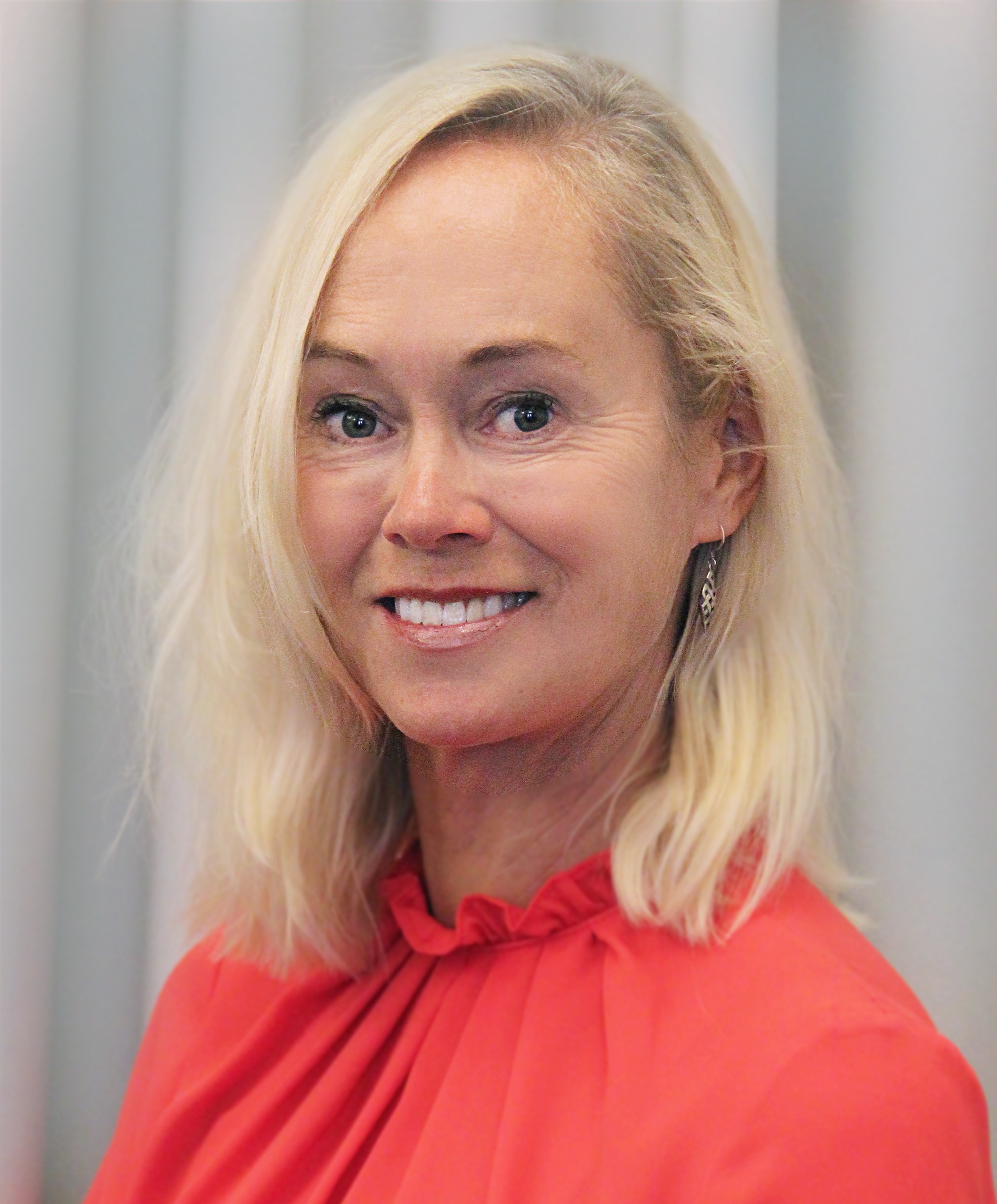PERSPECTIVES

The World Health Organization and the Pan American Health Organization (PAHO / WHO) had expressed the importance of adopting a series of measures to help prevent Aedes aegypti-borne diseases, constituting a public health problem in our country and registering dengue outbreaks in 15 jurisdictions as from August to September 2016, being the worst epidemic in history.
The situation demands the urgent need to seek appropriate measures to find new control methods that do not cause environmental problems. Therefore, it was decided to locate biocontrol agents to fight for the important population vector control in their aquatic phase.
In addition, the predatory capacity of Hoplerythrinus unitaeniatus (caballita) was proved exercising an important control of Aedes aegypti population in the home environment.
We are interested in finding alternatives that do not harm the environment (aquatic ecosystems) where we live. We came up with the idea through a project that the professor presented to us about the problem of diseases transmitted by mosquitoes.

Programme manager ania.andersch@siwi.org +46 8 121 360 59